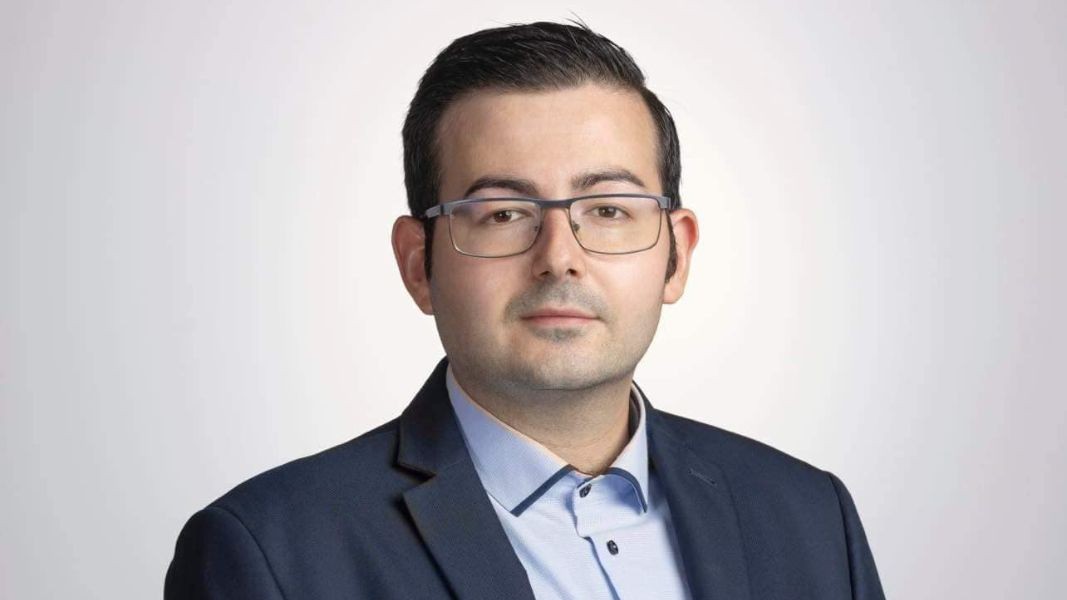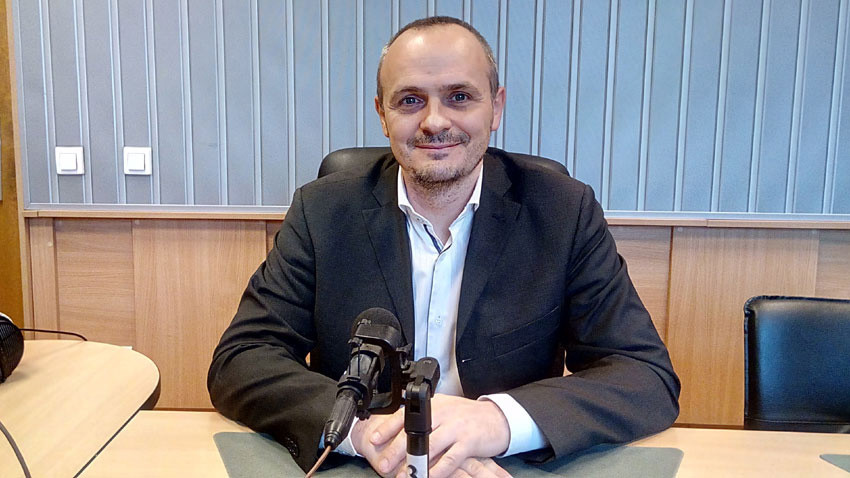As Bulgaria’s National Assembly voted in the GERB-PP/DB government on 6 June, with rotating prime ministers academician Nikolay Denkov (PP/DB), and nine months later Mariya Gabriel (GERB) for nine more months, analysts didn’t seem all that optimistic about the prospects facing the first regular cabinet formed after a long spell of caretaker governments appointed by President Rumen Radev. How are things looking now, a couple of weeks on?

Almost one-third of people in Bulgaria approve of the Nikolay Denkov cabinet, while support for PP/DB (We Continue the Change/Democratic Bulgaria) has dropped by 5%, and now stands at 19.4%, indicates a social survey by Trend, commissioned by 24 Chasa newspaper and conducted by semi-standardized face-to-face interview with 1,008 respondents over the age of 18 in the period from 10-16 June, 2023.GERB/SDS does not seem to have lost much of its support, coming first with 24.9%.
“A synergy between the functioning legislative and executive powers could change the current sociology,” Emil Sokolov says, and adds he is not surprised that trust in PP/DB has declined by 5%, as the results of the opinion poll by Trend agency shows. PP/DB’s communication with the public has to be improved, he says and goes on:
“What I am seeing are deficits –no explanation is given as to why and how some decisions are made. Some harmful narratives are making the rounds with no opposition.”
“One such narrative is “Peevski is writing a constitution”. Yes – Peevski is a member of the parliamentary committee on constitutional affairs, but the Movement for Rights and Freedoms, MRF (whose MP is Peevski – editorial note) has a quota in the committee. Whether it is Peevski or another MP from the Movement that will be in the committee, it is clear Peevski wants to have influence in that committee. There is no way PP/DB can stop him getting elected to the constitutional affairs committee. The way he was approved – with the votes of GERB, the MRF and There is Such a People (ITN), plus the fact Vazrazhdane abstained, is something that should have been explained to the public, they should have been reassured his influence in that committee will be minimized.”
Communicating with the voters is being underestimated, as is the need to dispel doubts. You need to explain to people why the constitutional reform is so important and what steps are being taken in that direction, and you need to do it every day, Emil Sokolov goes on to say.
The other participant in the cabinet – GERB/SDS has demonstrated it is highly resistant to all kinds of disasters, he says and adds:
“There have been all kinds of speculations through the years about gold ingots, Barcelonagate, old scandals to which new revelations could now be added, and they are now back on the agenda, yet they have not seriously undermined electoral support for GERB, even though they concern its leader (Boyko Borissov – editorial note) directly.”
The new government will have the task of explaining each one of its actions clearly, Emil Sokolov concludes.
“This cabinet has started doing its operational work,” political analyst Georgi Kiryakov says. “It was clear they would be in office in a situation in which they would have to make very difficult decisions. I am expecting them to remain in office full term (which is 4 years – editorial note). Or at least until the local election (in the autumn – editorial note).
“We Continue the Change and Democratic Bulgaria had to make a difficult decision and agree to form a government together with the first political force (GERB),” Georgi Kiryakov says in a comment on the latest results of the opinion poll by Trend. “They somehow managed to assert their own agenda, though they cannot conceal the fact it is more a coalition format than it is some kind of cooperation between two parties.”
The rush by PP/DB to put through the constitutional reforms is a way to avoid explaining why they entered into coalition with GERB, the analyst says.
“These constitutional changes cannot take place in the space of a month or two, even a year. They cannot be the result of decisions made by just the two party formations that formed the government,” Georgi Kiryakov says, and goes on to note that the Movement for Rights and Freedoms is eager to dictate the agenda of the judicial reform:
“The fact they left Peevski to make a demonstration of being the principal player behind these constitutional changes is a problem. In actual fact, the driving force behind them are Democratic Bulgaria and We Continue the Change. That is something that should have been explained to the public.”
Interviews by Lyudmila Zhelezova and Veselina Milanova, Horizont channel, BNR
Compiled, translated from the Bulgarian and posted by Milena Daynova
Photos: BGNES, Facebook/Emil Sokolov, Maria Hristova
Making sense of the events from one whole year succinctly is, without doubt, a challenge, especially if we are talking about politics. The early elections for parliament, that have become something of a tradition in this country, took voters to the..
Romania closes dozens of border check points as of 1 January In connection with its full accession to the Schengen area, as of 1 January, 2025, Romania is closing more than 30 border check points on its borders with Bulgaria and Hungary, Radio..
From the distance of time, history and researchers will give their assessment of Bulgaria and its neighbourly relations in the first quarter of the 21st century. But even then, they will rely on the facts and perceptions of contemporaries about them...
Making sense of the events from one whole year succinctly is, without doubt, a challenge, especially if we are talking about politics. The early..
Romania closes dozens of border check points as of 1 January In connection with its full accession to the Schengen area, as of 1 January, 2025,..
From the distance of time, history and researchers will give their assessment of Bulgaria and its neighbourly relations in the first quarter of the 21st..

+359 2 9336 661
